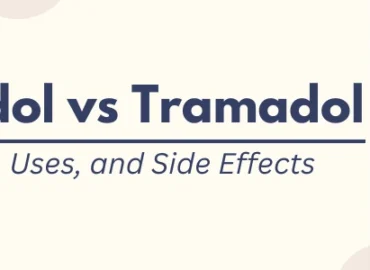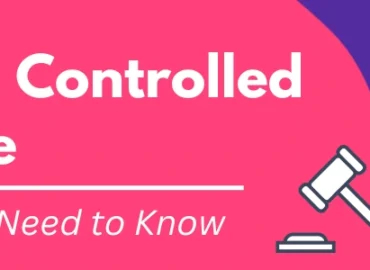Soma and Heart Health: What You Need to Know
May 10, 2025 Global_Online_PillsSoma (carisoprodol) is a prescription muscle relaxant commonly used to relieve pain from muscle injuries, spasms, and other musculoskeletal conditions. While effective for short-term pain relief, many people are unaware of its potential impact on heart health.
In this article, we’ll explore how Soma works, its cardiovascular implications, and what precautions you should take if you have an existing heart condition.
How Soma Works
Soma acts on the central nervous system by blocking pain sensations between the nerves and the brain. It’s typically prescribed for short periods (usually up to two or three weeks) because long-term use can lead to dependence or adverse effects.
Potential Heart-Related Side Effects
While Soma is not primarily known for its effects on the cardiovascular system, it can cause side effects that indirectly or directly impact the heart, such as:
Irregular heartbeat (arrhythmia)
Low blood pressure (hypotension)
Rapid heart rate (tachycardia)
Dizziness or fainting (linked to blood pressure fluctuations)
In rare cases, these symptoms can be severe, especially if Soma is used in high doses or combined with other depressants like alcohol, benzodiazepines, or opioids.
Soma and Pre-Existing Heart Conditions
If you have a history of heart disease, arrhythmias, or low blood pressure, it’s crucial to consult your doctor before using Soma. Certain individuals may be more sensitive to the drug’s sedative effects, which can lower blood pressure and increase the risk of heart-related complications.
Interactions That May Affect the Heart
Soma can interact with other medications, including:
Beta-blockers or antihypertensives – May cause dangerously low blood pressure.
Other CNS depressants – Can enhance sedative effects and stress the cardiovascular system.
Alcohol – Increases risk of fainting, breathing issues, and cardiac stress.
Always disclose all medications and supplements you’re taking to your healthcare provider.
Safe Use Tips
To minimize risk, follow these guidelines:
Use only as prescribed.
Avoid alcohol and sedatives.
Monitor for unusual heart-related symptoms like chest pain, palpitations, or shortness of breath.
Don’t abruptly stop Soma—it can cause withdrawal symptoms, including heart palpitations and anxiety.
When to Seek Medical Attention
Call your doctor or seek emergency care if you experience:
Chest pain
Irregular or rapid heartbeat
Severe dizziness or fainting
Shortness of breath
These symptoms could indicate a serious heart-related reaction to Soma.
Conclusion
Soma can be effective for managing muscle pain, but it’s not without risks—especially when it comes to heart health. If you have cardiovascular concerns or are taking other medications, discuss your options with your doctor to ensure a safe treatment plan.




